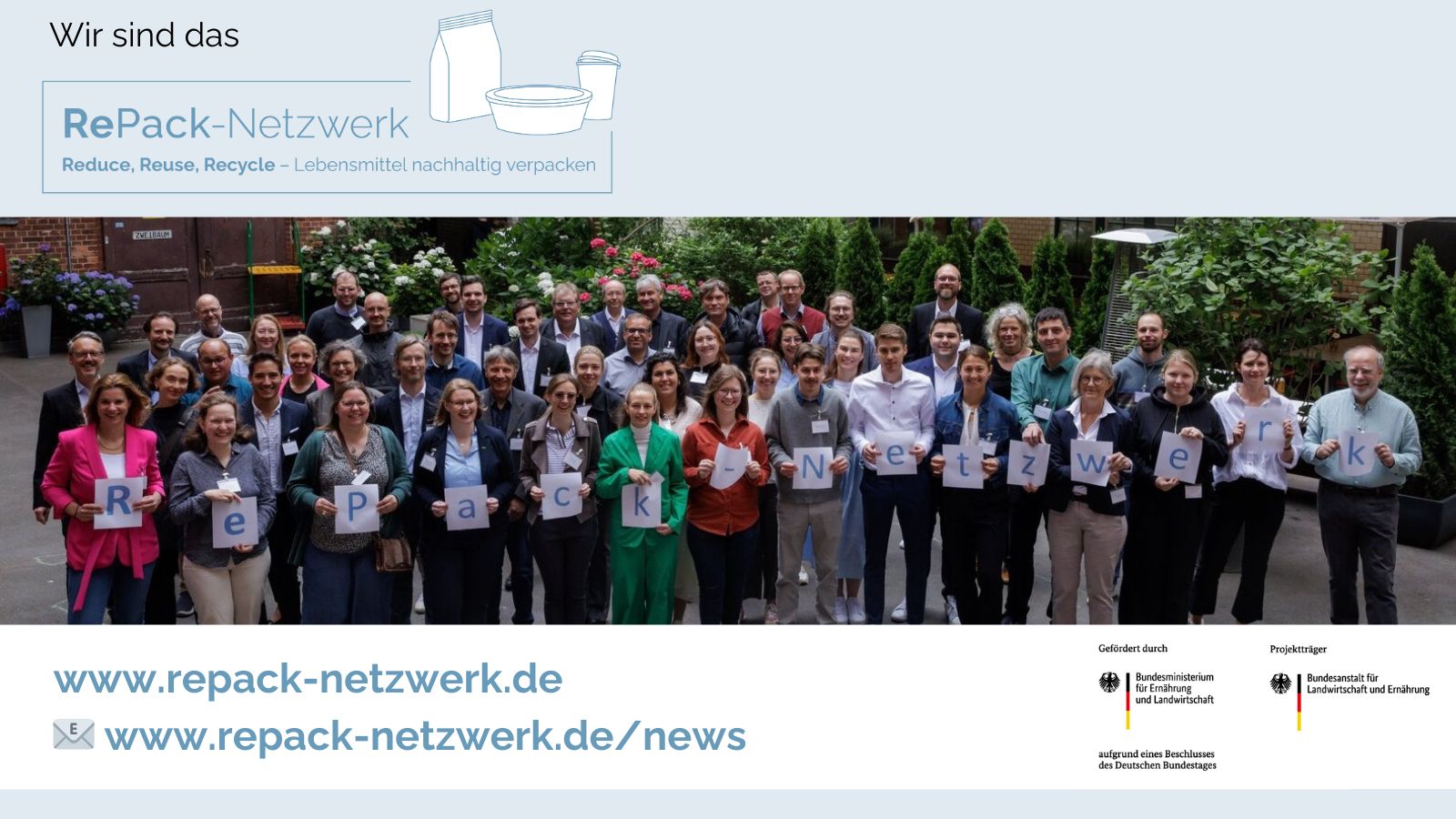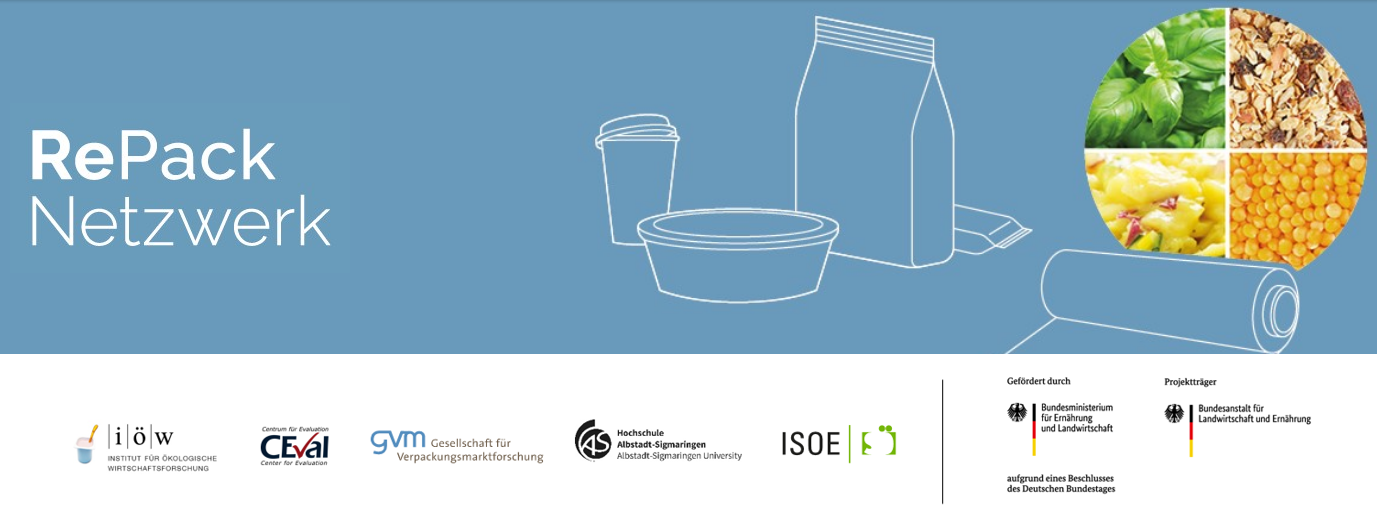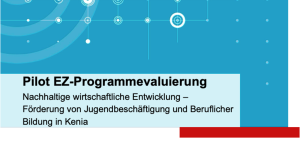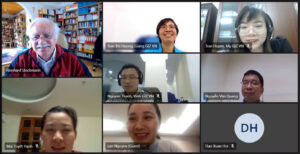Food is often packaged in plastics that are only used for a short time and are rarely reused or recycled. In addition to the considerable consumption of resources, the environment is also polluted by macro- or microplastics. The Federal Ministry of Food and Agriculture (BMEL) is therefore promoting innovations that help to package food more sustainably and reduce plastics along the value chain. In the RePack network, five research institutions under the leadership of the Institute for Ecological Economy Research (IÖW) accompany, support and evaluate twelve innovation projects in this funding program. In the projects, universities and research institutions work together with companies to develop new production processes, innovative materials, packaging with an increased recycled content or reusable packaging.
The “Networking and Transfer Program for Plastics Reduction” is investigating how existing sustainable packaging concepts can be expanded. The aim is to bundle the results for different target groups and bring the projects into dialogue: To this end, cluster and themed workshops as well as conferences are being designed and organized at which the projects can network with each other and with the interested specialist public. A website and social media presence as well as a regular newsletter provide information on the progress of the projects and give insights into the innovations. The results of the funded projects are used to derive overarching recommendations for action for politics, business, civil society and consumers.

The task of CEval GmbH within the “Networking and Transfer Program for Plastics Reduction” is the conception and implementation of the accompanying and final evaluation of the BMEL funding program for the development of packaging innovations for the food industry. To this end, a results model for the funding program will be created, which will be empirically validated and refined, and indicator sets will be developed for the project level as well as the levels of the funding program and the overarching innovation program of the BMEL. Building on this, the annual accompanying evaluations and the final summative evaluation will analyze the design and implementation of the funding program, its results and their sustainability and transferability to other fields of application, as well as identifying further fields of action and research needs. Methodologically, the theory-based evaluation follows a mix of document analyses, individual and group interviews and supplementary online surveys.
To read more please click here.




